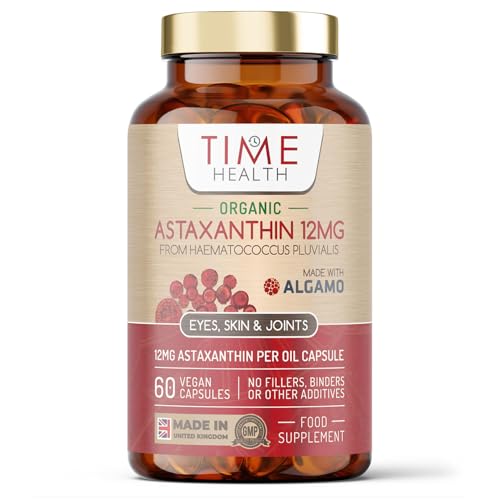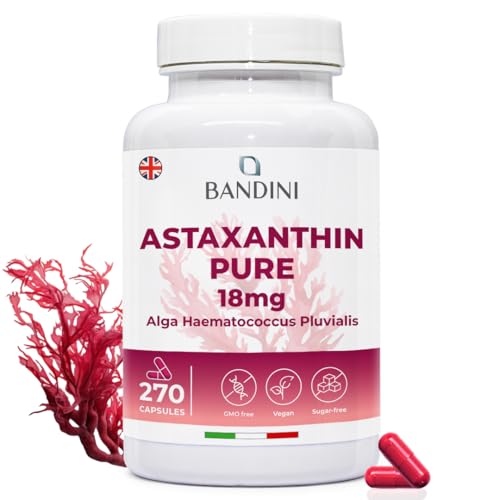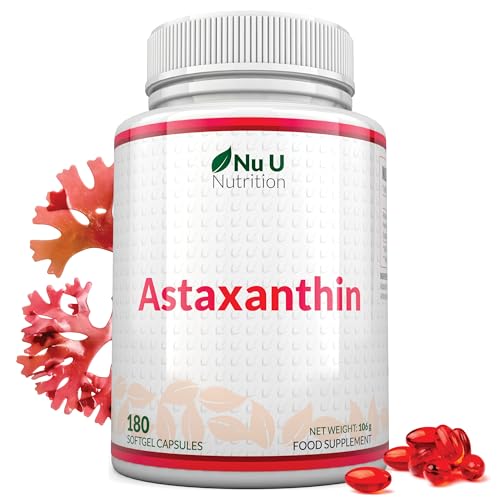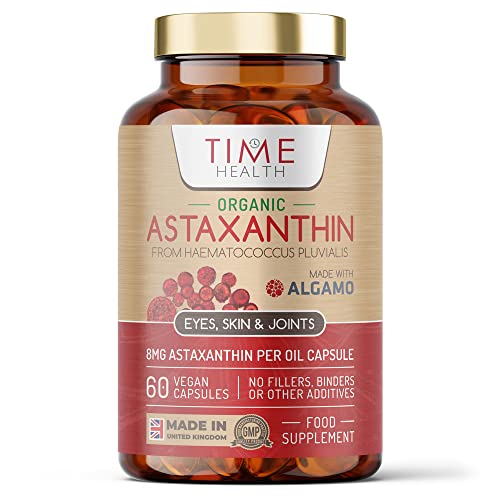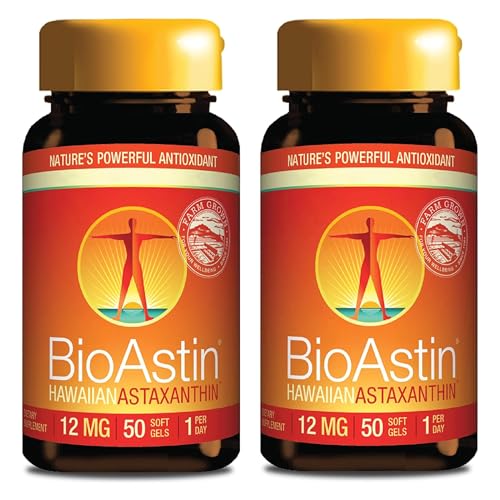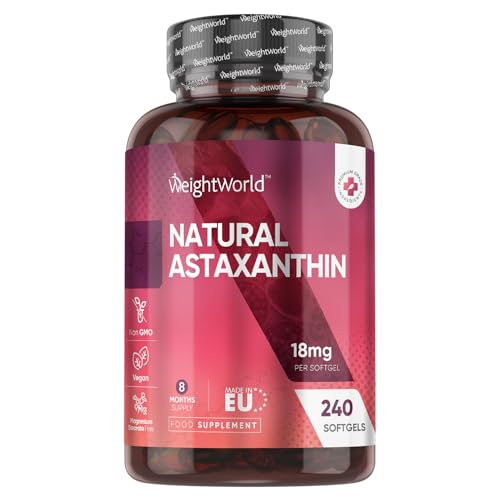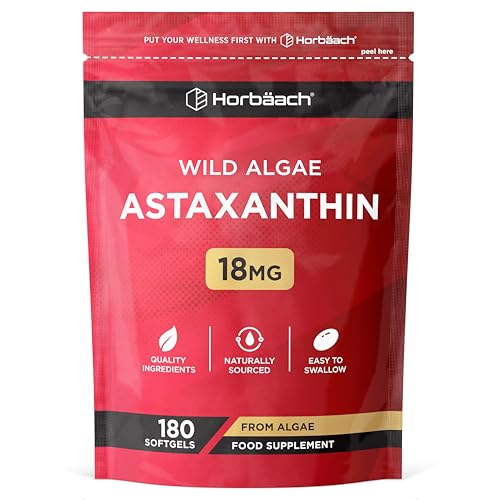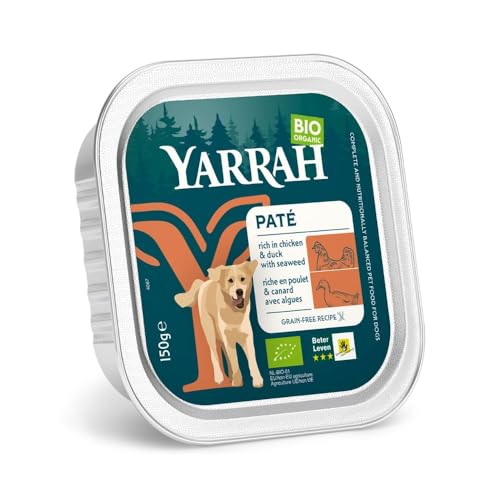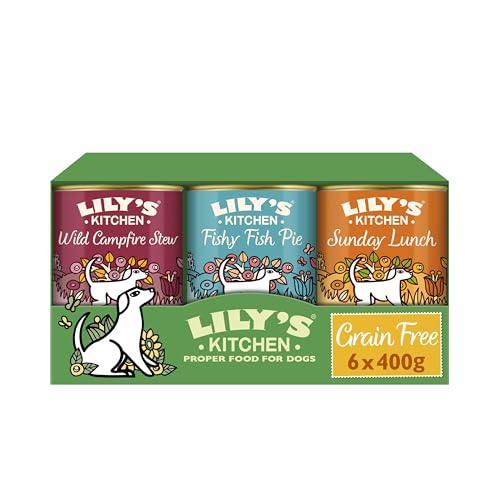What is Astaxanthin and Why Should We Care?
Understanding Astaxanthin
Astaxanthin is a powerful antioxidant that belongs to the carotenoid family, which is giving pink and red hues to various plants and seafood, including shrimp and salmon. It’s derived mainly from microalgae and is responsible for the vivid colours we see in these marine species. We should care about Astaxanthin because its antioxidant properties can support our overall health, combat oxidative stress, and enhance our body’s natural defence mechanisms.
The Significance of Antioxidants
Antioxidants are substances that help to neutralise free radicals, which can damage cells and lead to chronic diseases. By incorporating Astaxanthin into our diets, we can bolster our body’s ability to fight off these harmful molecules. The benefits of a strong antioxidant can be particularly noticeable in protecting our skin from UV damage, improving eye health, and supporting cardiovascular function.
Health Benefits of Astaxanthin: Unlocking Nature’s Power
Skin Health and Protection
Astaxanthin is celebrated for its ability to promote skin elasticity and moisture, while also reducing the appearance of fine lines and wrinkles. By consuming Astaxanthin, we may help protect our skin from the harmful effects of sun exposure, making it a popular choice for those keen on natural beauty enhancements.
Eye Health Benefits
Our eyes are often exposed to strain from screens and UV light. Astaxanthin can play a vital role in maintaining eye health by reducing eye fatigue and potentially slowing age-related vision decline. It helps to protect the eyes from oxidative stress and may even improve visual acuity.
Supporting Heart Health
Astaxanthin has been linked to improved heart health by reducing inflammation and oxidative stress in cardiovascular tissue. Studies suggest that it may help lower bad cholesterol levels while improving the overall lipid profile of the body. This makes it a valuable supplement for those looking to support their cardiovascular system.
Choosing the Right Astaxanthin Supplement: Key Factors to Consider
Source of Astaxanthin
When selecting an Astaxanthin supplement, it’s essential to consider where the Astaxanthin is sourced. Natural Astaxanthin, derived from microalgae, is often more effective than synthetic alternatives, delivering better bioavailability. We recommend choosing supplements that clearly state the source to ensure maximum health benefits.
Dosage and Purity
Checking the dosage is crucial when choosing a supplement; typically, a daily dose between 4 to 12 mg is regarded as effective. Additionally, ensure the product is free from harmful additives and contaminants, as purity is key in maintaining health standards.
Form of Supplement
Astaxanthin supplements come in various forms, including softgels, powders, and capsules. Depending on your personal preference and lifestyle, you may find one form easier to incorporate into your routine than another. Softgels are often preferred for their convenience and ease of swallowing.
How to Incorporate Astaxanthin into Your Daily Routine
Making Astaxanthin Part of Your Diet
Incorporating Astaxanthin into your daily diet can be straightforward. Besides taking supplements, you can elevate your intake by consuming more Astaxanthin-rich foods like salmon, shrimp, and other seafood. We can also consider adding algae-based supplements if we are looking for plant-based options.
Pairing with Healthy Fats
Astaxanthin is fat-soluble, meaning it absorbs better when paired with healthy fats. We can enhance absorption by taking our supplements with meals containing fats like olive oil, avocados, or nuts. This not only increases efficacy but also supports overall fat intake and health.
FAQs: Everything You Need to Know About Astaxanthin
Is Astaxanthin Safe to Take Daily?
Yes, most research supports the safety of Astaxanthin when taken in recommended dosages. However, we always recommend consulting with a healthcare provider before starting any new supplement, especially if you have existing health concerns.
Can I Get Astaxanthin from Food Alone?
While it’s possible to get Astaxanthin from dietary sources, supplementing may provide a more concentrated dose, especially if you’re looking for specific health benefits. It’s about finding a balance that works for you and your nutritional needs.
Are There Any Side Effects?
Astaxanthin is generally well-tolerated, but some individuals may experience mild reactions such as digestive discomfort. Adjusting the dosage or switching brands can often help. Listening to our body is important to gauge how we respond.
